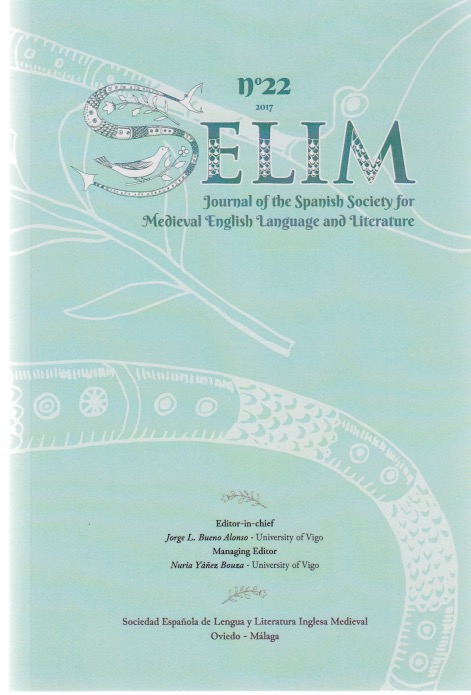Abstract
Many critical readings of the Anglo-Saxon poem Beowulf emphasize its dualistic vision, its several binomials and oppositions. In this paper, I shall argue that dichotomies such as those of light and darkness, of human and nonhuman, of human society and anarchic nature, and of pagan and Christian beliefs are both strengthened and reversed by the representation of light and fire, which acts as a counteracting theme that negates such binomials and provides a bridge between them. Firstly, I shall examine the various dichotomous readings hitherto offered by critics such as Fred C. Robinson and Bruce Mitchell. Secondly, I shall specifically analyse in detail the presence of light in the various descriptions of dawns, in the characterization of Grendel’s eyes, and shall then link it to the representation of fire given in the poem. My argument shall therefore establish that there need not be a strictly demarcated vision of the poem, but opposite elements coexist with equal representation.
Keywords: Beowulf; fire; light; dichotomies; Grendel




